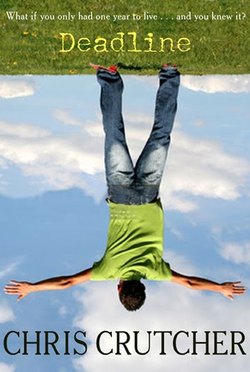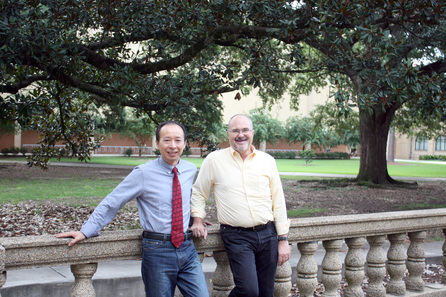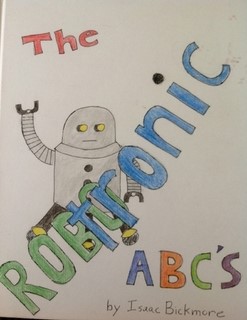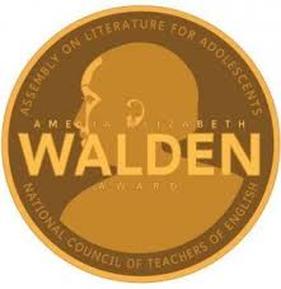
I plan to have a guest contributor once a month. I have a list of great minds that I would like to invite; nevertheless, I am open to suggestions. Nominate yourself or someone else and send me an idea.
_____________________________________________________________________
Six years ago this month, I moved from the Piedmont Triad region of North Carolina to Tuscaloosa, Alabama, to begin a Ph.D. program at The University of Alabama. My decision to leave North Carolina was difficult; I would miss greatly my family, friends, colleagues, and students. Professionally, I would miss teaching English the most, but I would also miss coaching high school basketball. Ultimately, I knew I needed to get away from basketball, one of my greatest passions, to focus on my studies.
So I moved to Alabama.
On my first visit, I met with an associate dean in UA’s Graduate School. Out of curiosity, I asked about the university’s basketball teams. He replied, “What’s a basketball?” To this day, I don’t know whether or not he was kidding.
Upon arrival, I began hearing horror stories about the anti-academic nature of athletic coaches, many of them football coaches, who also served as core content area teachers in the public schools.
As I began researching the existing scholarship on core content area teacher-coaches and examining the landscape of interscholastic athletics, I quickly realized that where there’s smoke, there’s usually fire.
Nevertheless, I also found many teacher-coaches who were just as devoted to academics as athletics— these were often educators more concerned with intellectual and athletic development than standardized test scores and win/loss records.
Despite my interest in this research, something felt missing, namely my connection to the English language arts curriculum. In turn, I began thinking about ways to connect sports and literacy; academics and athletics; and popular culture, out-of-school spaces, and the English classroom.
Enter young adult literature.
As I planned my first NCTE and ALAN sessions, Lisa Scherff, my adviser during my time at The University of Alabama, encouraged me to reach out to Chris Crutcher, one of the most popular writers of sports-related young adult literature, to be a keynote speaker.
So I did, and he said yes.
Soon after, so did Matt de la Peña, Thomas Newkirk, and Doug Merlino.
In recent years, the NCTE session, which has come to be known as “The Intersection of Literacy, Sport, Culture, and Society,” has helped teachers, teacher educators, and librarians from across the country consider the possibilities that come with connecting students’ natural curiosities with the English language arts curriculum.
Through it all, young adult literature has led the charge thanks to the generosity of authors such as Chris Crutcher, Matt de la Peña, Chris Crowe, Robert Lipsyte, Rich Wallace, Sandra Neil Wallace, Lisa Luedeke, Joshua C. Cohen, Bill Konigsberg, Matthew Quick, and Geoff Herbach, all of whom have helped us consider the topics and issues associated with sports culture.
As the summer comes to a close, I am reminded that football season is almost upon us. Personally, I’d rather read about basketball, but, as with most things, this column isn’t just about me. The purpose here is to provide resources that will assist teachers, parents, and librarians as they encourage teenagers, namely student-athletes and other sports-minded adolescents, and particularly reluctant and/or unmotivated readers, to engage in the act of reading based on their own personal interests.
With these students in mind, here are a few YA novels that might appeal to the football fanatics in your classroom, those who spend much of class watching the clock and thinking about future gridiron glory.
Looking for books with well-rounded protagonists who also happen to play football?
- Deadline by Chris Crutcher
- Stupid Fast by Geoff Herbach
Looking for contemporary and canonical classics in which the topic of football plays a lesser role?
Looking for books that deal with the severity of steroids and/or concussions?
- Second Impact: Making the Hardest Call of All by David Klass and Perri Klass
Looking for books that portray the issues of bullying and homophobia that are sometimes found in jock culture?
- Raiders Night by Robert Lipsyte
- Out of the Pocket by Bill Konigsberg
Looking for books that showcase football in rural settings?
- Running Loose by Chris Crutcher
Looking for football books that will attract reluctant middle grades readers?
Looking for football books with a female protagonist?
Looking for nonfiction texts that will appeal to football players?
For more information on connecting sports and literacy, particularly through young adult literature, take a look at my sports literacy blog where Amazon links are provided for each of the books listed above under the Football tab.
For more information about contemplating and critiquing sports in the English classroom, check out the September issue of English Journal entitled “A Whole New Ballgame: Sports and Culture in the English Classroom,” which I had the great pleasure of guest editing with Chris Crowe.
Finally, I hope you will join us for this year’s NCTE session on Saturday, November 22, in Washington, DC, which will be sponsored by the National Writing Project and will feature authors and scholars including Chris Crowe, Michael W. Smith, Rich Kent, Lisa Luedeke, and Peter Smagorinsky.
Thanks again, Alan
Steve T. Bickmore





 RSS Feed
RSS Feed